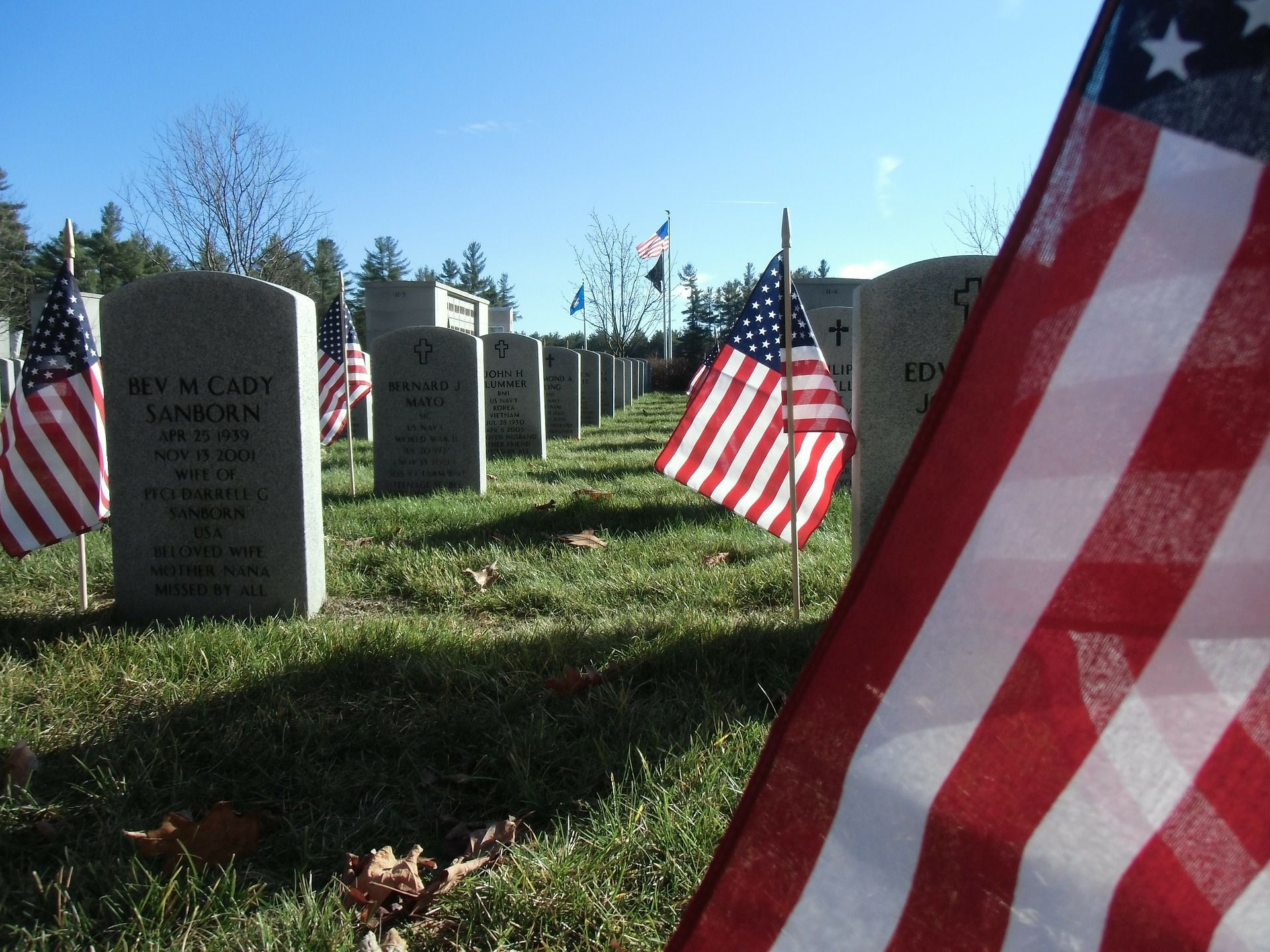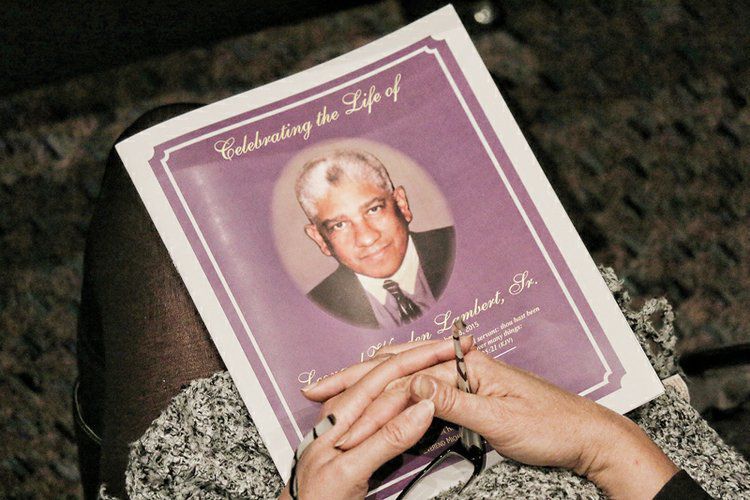10 To Ask When Interviewing Funeral Directors
Selecting a funeral home can be a challenging process, one most people are unprepared for. If your friend or family member hasn’t provided any information about where they would like their final arrangements, you will need to select a place that will allow you to appropriately celebrate that person’s life.
All funeral homes are different, just as all funerals are different. It is a good idea to research and visit a few funeral homes in your area to understand how they compare to one another. To find the funeral home that will work best for you, ask the following questions while you are completing your search.
1. How long have you been open?
This is a simple question, but experience matters in the funeral business. A brand new funeral home may look nice, but the staff might not have the experience necessary to provide you with the proper services. This question will also tell you how long the owners have been in business, which will give you an idea of their experience and professionalism.
2. Why are you in the funeral business?
This is a personal question for the funeral director that will give you an idea of his or her values and mission. Knowing why the director entered into this profession will help you decide if they are a person you want to work with.
3. Do you outsource any services from other providers?
It’s important to know how your loved one’s remains will be dealt with. Some funeral homes might contract out services like refrigeration, embalming, or cremation. If that is the case, you will want to know who those services are being outsourced to and then learn about that company’s reputation, as well. Outsourced services might also affect your final cost, so it’s important to be aware of this before deciding on a funeral home.
4. What memberships and licenses does the staff hold?
A good funeral director will be able to provide you with credentials for the entire staff. Like many businesses, funeral homes are required by state law to have a license to operate. Funeral directors can also elect to join professional organizations such as the National Funeral Director’s Association or the Academy of Professional Funeral Service Practice. Knowing the staff’s background and training will help you make a final decision.
5. Can I see a price list before my final decision?
The Funeral Rule is a broad federal law requires that requires all funeral directors to provide you with pricing information. If you’re visiting the funeral home, you should receive an itemized list that shows you prices of all products. The sheet should also identify any specific item that is required by law (for example, a cremation permit) and its cost.
6. What kind of funeral packages do you offer?
Many funeral homes will offer their services in packages. While you have the option of picking and choosing which services you’d like, packages can sometimes be an economic strategy for funeral planning. Compare the package prices to the individual prices on the itemized list to see which is more affordable.
7. Do you have any reviews or testimonials that I can see?
A good funeral home, especially a well-established one, will have a number of happy clients that you can speak with. Some funeral homes list these on their website. You can also check services like Yelp and Google reviews to read about previous customers’ experiences. This will help you ensure quality service.
8. Who will be working with us throughout this process?
At some funeral homes, the person who is giving you the tour might not be the person you will see on the day of the visitation. It’s important to know who will be guiding you through the process of planning and hosting the funeral. Asking this question also ensures that you won’t be working with a new employee every time you come to the funeral home. Consistency is important for good customer service.
9. What services do you offer to personalize the funeral?
Many people will want to personalize the funeral service is some way. You might have some ideas in mind, and the funeral director should be able to tell you how they can make your dream a reality. Knowing what personalization options are available will help you choose the right funeral home.
10. Why should we choose your funeral home?
This is the most important question you will ask. This is the funeral director’s time to shine and explain to you exactly what sets his business apart from the others. The answer will give you insight into the funeral home’s values, abilities, and personality.
Be an informed consumer and ask these questions when shopping for a funeral home.



